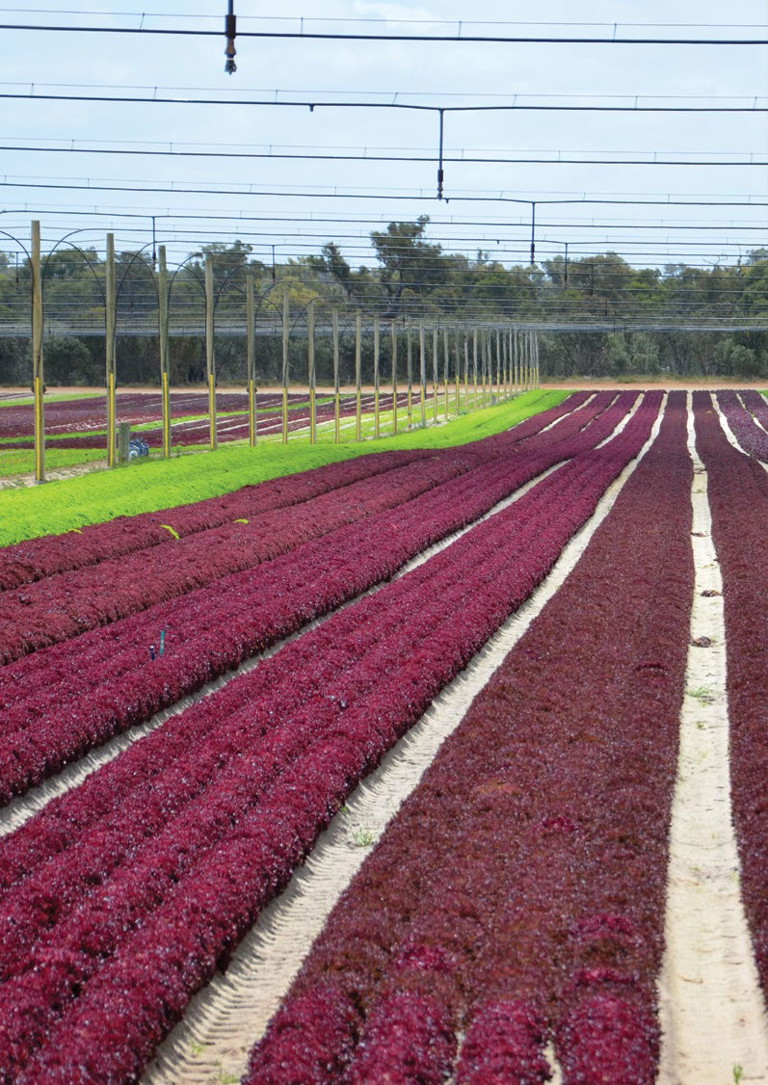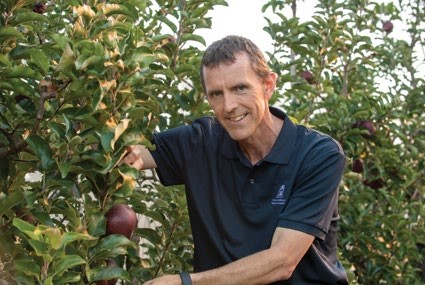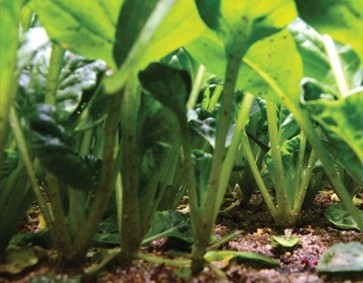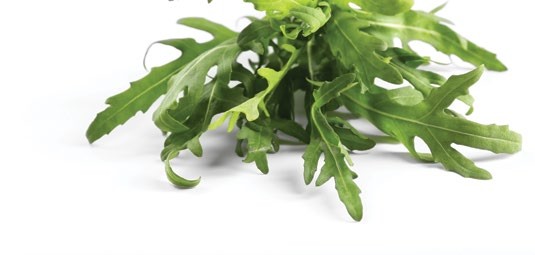Growing horticulture and irrigated agriculture in WA
BY ROHAN PRINCE DIRECTOR HORTICULTURE & IRRIGATED AGRICULTURE, DPIRD


Horticulture has the highest flow on benefits of all agricultural industries.
The wholesale value of all horticulture and irrigated agriculture across Western Australia is valued at more than $1.2 billion annually.
Horticulture has the highest flow on benefits of all agricultural industries, increasing in value throughout the supply chain, from the farm gate until it reaches the consumer.
At their final destinations, horticulture and irrigated agriculture are estimated to be worth more than $2.5 billion to the WA economy.
Spanning 3,500 kilometres from Albany to Kununurra, and employing more than 5,600 workers, WA’s horticulture sector is also a significant contributor to regional economies.
With diversity in climate, WA’s production regions present many opportunities and challenges to meet domestic and international demand for quality produce.
Horticultural industries and their produce have been catalysts to the development of significant destination and experiencebased tourism in WA.
Value adding and destination food tourism rely on strong, quality and profitable primary industries at their base.
Margaret River and the Swan Valley have both leveraged the State’s formidable wine industry to cultivate the towns as celebrated destination tourism hubs.
Other tourism events held throughout the State, such as Truffle Kerfuffle and the Cherry Harmony Festival in Manjimup, and Donnybrook apple, and Gascoyne food festivals, build on a foundation of local, fresh produce.
Destination food and beverage events generate significant, positive flow on effects in regional economies, beyond the $1.2b farm gate value of produce.
Regional development, and increased spending on hospitality, accommodation and entertainment in local economies are tangible benefits, and tourists inject vigour, vitality and a sense of community into rural destinations.
Since the formation of the Department of Primary Industries and Regional Development (DPIRD) and following a significant restructure, we set about developing a coordinated Horticulture and Irrigated Agriculture program that would best support the industries across the value chain.
WA’s horticulture sector is a significant contributor to regional economies.
A concerted effort by the State Government to rebuild the department’s research and development capacity and capability has led to the recruitment of experienced Program Managers.
Focus areas
Fruit and perennial crops
Led by senior research scientist Dario Stefanelli, focuses on supporting established and emerging fruit and perennial crop industries across WA.
The aim is to grow high quality, consumer preferred products in productive, responsible, and efficient production systems to increase WA’s competitiveness in global markets.
A significant project is the National Apple Breeding and Evaluation Program, which is building on past successes to develop new varieties that match changing market needs while yielding well on-farm and in a changing climate. Dario is also overseeing work to generate valueadding opportunities for fruit and perennial crop industries, and increase profitability along the value chain.
Vegetables team
Led by senior research scientist Neil Lantzke, undertakes research and development to increase vegetable quality and yield, with a key focus on assessing the yield and quality benefits of growing vegetables under protected cropping structures. The team spans the State, from Carnarvon in the north to Manjimup in the south.

STEEL Jacob with Bravo branded apples developed by the National Apple Breeding and evaluation Program.

DEVELOPING management systems for pests and diseases, enabling growers to minimise chemical use and costs while producing high-quality fruit and vegetables.
Insect and disease management
Steered by senior research scientist Dr Helen Spafford, focuses on developing management systems for new and established insect pests and diseases that enable growers to minimise chemical use and costs while producing high-quality fruit and vegetables.
Tropical food, fibre and fodder
Managed by principal research scientist Dr David McNeil and senior development officer Chris Ham. David and Chris lead the team’s collaboration with national and international research and industry partners to expand, improve, and better understand the productivity of WA’s tropical irrigated crop production systems.
Developing management systems for new and established insect pests and diseases.
Research stations program
Overseen by Ian Guthridge, from Manjimup Research Station and Mark Warmington, from Kununurra Research Station. The team delivers client focused and regionally and climate relevant research services for industry. Other areas of focus include identifying new economically viable crops for each region, and providing agronomic packages for the development of the crops.
Industry Network Group
In response to the COVID-19 pandemic last year, we pulled together a horticulture Industry Network Group to enable us to build and lead strong industry networks and relationships.
The forums supported business continuity and twoway communication between government and industries.
I thank industry representatives for their role in this successful engagement activity. It was fantastic to experience various horticulture industries collaborate.

The positive interactions saw expertise be shared across the sector, providing an ideal environment for peer-to-peer learning — one of the most valuable outcomes of the group.
Going forward, I hope to use this forum to tackle cross industry issues in the horticulture sector. I look forward to continuing our work in building cohesive, collaborative, and strong WA horticulture and irrigated agriculture industries.
MORE INFORMATION